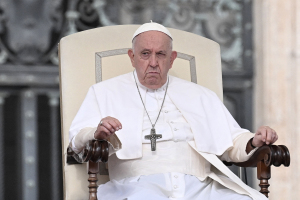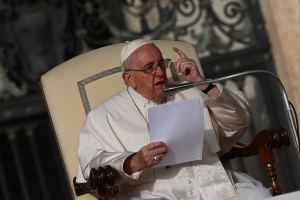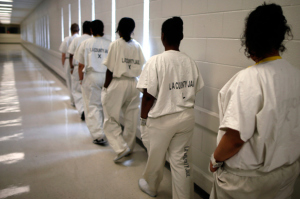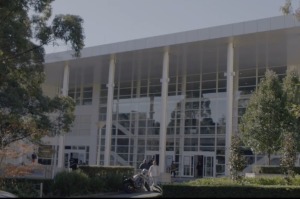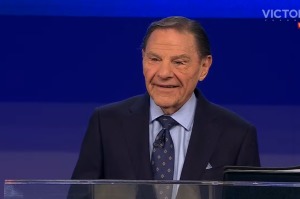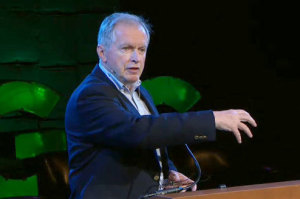UK Medical Body Lobbies Free Funerals For Organ Donors
A U.K. medical body that examines ethical issues in biology and medicine has published a report recommending that the British government pay for the funerals of those who have donated organs.
Nuffield Council on Bioethics' October report, Human Bodies: Donation for Medicine and Research, emphasizes a shortage of organ donors, and suggests that the incentive could help many people in need. However, it also considers the ethical and social issues concerning donating body parts, even if the action serves to benefit others.
"This report sets out guidance to help people consider the ethical acceptability of various ways of encouraging people to donate, both for treatment of others and for scientific research," reads a statement on the company's website. "Donated bodily material for medicine and research, such as organs, eggs and sperm, are in high demand, and current levels of donation fall short of need."
Based on the report, funerals of those who register to donate their organs right before death should be covered by state funds. Ironically, it is not recommended that the government cover the funeral of someone who signed up as an organ donor beforehand, reported CBS News.
"We have ruled out giving people a direct financial incentive to donate," the report's co-author Keith Rigg told the news station.
The proposal is similar to how medical schools often cover burial or cremation costs of people who donate their bodies to science, CBS reported.
“A key aim for policy makers in this complex and sensitive area must be to find areas of consensus. This involves identifying values shared by many different people, even if sometimes for different reasons," reads a statement on the Council's website.
According to the report, the ethical elements of organ donation are complex. For example, an emotional and ethical controversy surrounds the idea of retention of hearts of children who had died following surgery. Not all scientists look at human tissue in the same way, the report states.
"From a clinical or scientific perspective a heart can be seen as a piece of machinery that has a key role in a living body, and no role in a dead one," the report reads. "From the nonclinical perspective, however, hearts have many other meanings and associations. So do other parts of the body: it is striking that those who are willing to donate their kidneys for transplantation after death may nonetheless withhold consent for other body parts, in particular hearts and eyes."
The debate on whether organ donation is consistent with Christian beliefs is an ongoing one.
















